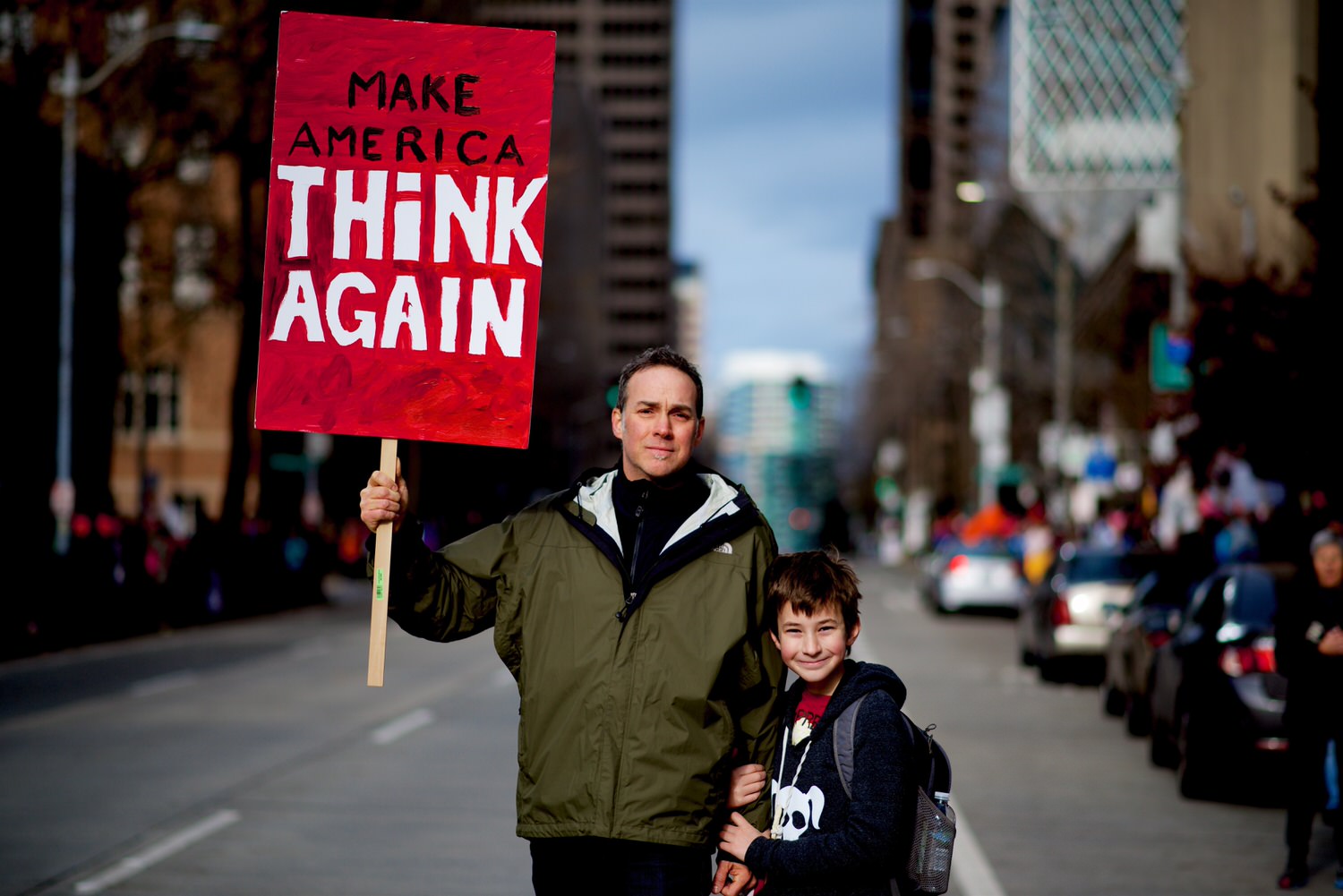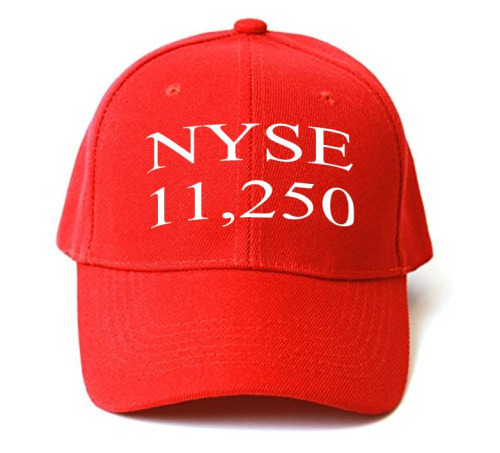by Robert Shiller, Yale University, via Project Syndicate
NEW HAVEN – Speculative markets have always been vulnerable to illusion. But seeing the folly in markets provides no clear advantage in forecasting outcomes, because changes in the force of the illusion are difficult to predict.
In the United States, two illusions have been important recently in financial markets. One is the carefully nurtured perception that President-elect Donald Trump is a business genius who can apply his deal-making skills to make America great again. The other is a naturally occurring illusion: the proximity of Dow 20,000. The Dow Jones Industrial Average has been above 19,000 since November, and countless news stories have focused on its flirtation with the 20,000 barrier – which might be crossed by the time this commentary is published. Whatever happens, Dow 20,000 will still have a psychological impact on markets.
Trump has never been clear and consistent about what he will do as president. Tax cuts are clearly on his agenda, and the stimulus could lead to higher asset prices. Lower corporate taxes are naturally supposed to lead to higher share prices, while cuts in personal income tax might lead to higher home prices (though possibly offset by other changes in the tax system).
But it is not just Trump’s proposed tax changes that plausibly affect market psychology. The US has never had a president like him. Not only is he an actor, like Ronald Reagan; he is also a motivational writer and speaker, a brand name in real estate, and a tough deal maker. If he ever reveals his financial information, or if his family is able to use his influence as president to improve its bottom line, he might even prove to be successful in business.
The closest we can come to Trump among former US presidents might be Calvin Coolidge, an extremely pro-business tax cutter. “The chief business of the American people is business,” Coolidge famously declared, while his treasury secretary, Andrew Mellon – one of America’s wealthiest men – advocated tax cuts for the rich, which would “trickle down” in benefits to the less fortunate.
The US economy during the Coolidge administration was very successful, but the boom ended badly in 1929, just after Coolidge stepped down, with the stock-market crash and the beginning of the Great Depression. During the 1930s, the 1920s were looked upon wistfully, but also as a time of fakery and cheating.
More ... continue reading this article
Copyright © Project Syndicate














